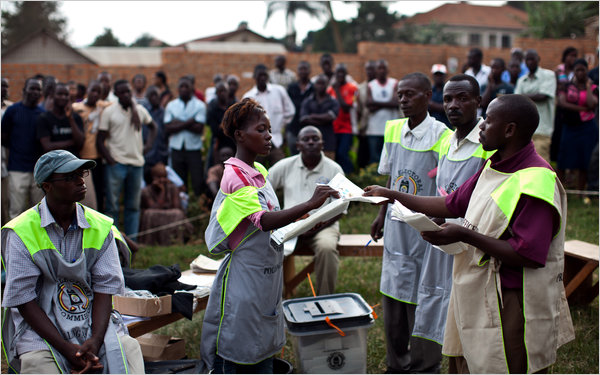
The government has announced another postponement of the LC1 and LC2 elections, rescheduling them to align with the 2026 general elections. This decision, outlined in a public notice published in the National Gazette by the Ministry of Local Government, also extends the current administrative unit councils’ term by up to 180 days beyond December 31, 2024.
Minister of State for National Guidance, Godfrey Kabyanga, explained that the move is part of a broader plan to streamline Uganda’s electoral cycle. “We’ve had elections scattered across different years, causing inconvenience to voters. This harmonization ensures all councils and leaders operate under the same five-year term,” Minister Kabyanga stated during an interview.
The postponement follows a Cabinet decision made three weeks ago, pending parliamentary approval. The decision builds on discussions from an October 21 Cabinet meeting in Entebbe, where the Minister of Local Government, Raphael Magyezi, was tasked with presenting a comprehensive paper on the LC1 and LC2 elections and the creation of new administrative units. However, by the time of the announcement, Minister Magyezi had not submitted the paper within the three-week timeframe.
This is not the first delay in these grassroots elections. On July 4, the government extended the elections for the third time in a year, citing insufficient funds. Conducting the LC1 and LC2 polls requires approximately Shs50 billion, which the government has yet to secure.
Critics have condemned the repeated delays. Democratic Alliance leader Mathias Mpuuga described the extensions as evidence of political manipulation. “These excuses are flimsy. It’s clear that the government, particularly the NRM, fears accountability at the local level, where service delivery failures and land disputes are rampant,” he asserted.
Uganda currently has 70,626 villages under LC1 leadership and 10,595 parishes governed by LC2 councils, according to the latest Electoral Commission data. The repeated postponements have raised concerns over governance and effective service delivery at the grassroots level.
While the government insists that harmonizing elections will reduce voter inconvenience and improve efficiency, questions remain about the implications of these delays on local governance and public trust.Local Council (LC) elections in Uganda involve grassroots leaders for over 70,000 villages (LC1) and 10,000 parishes (LC2). The last LC elections were in 2018, marking the first since 2001. The recent extension to 2026 delays democratic processes and service delivery at the community level, raising concerns about governance. While the government aims to streamline electoral cycles, critics view this as a setback to addressing pressing local issues and public accountability.











